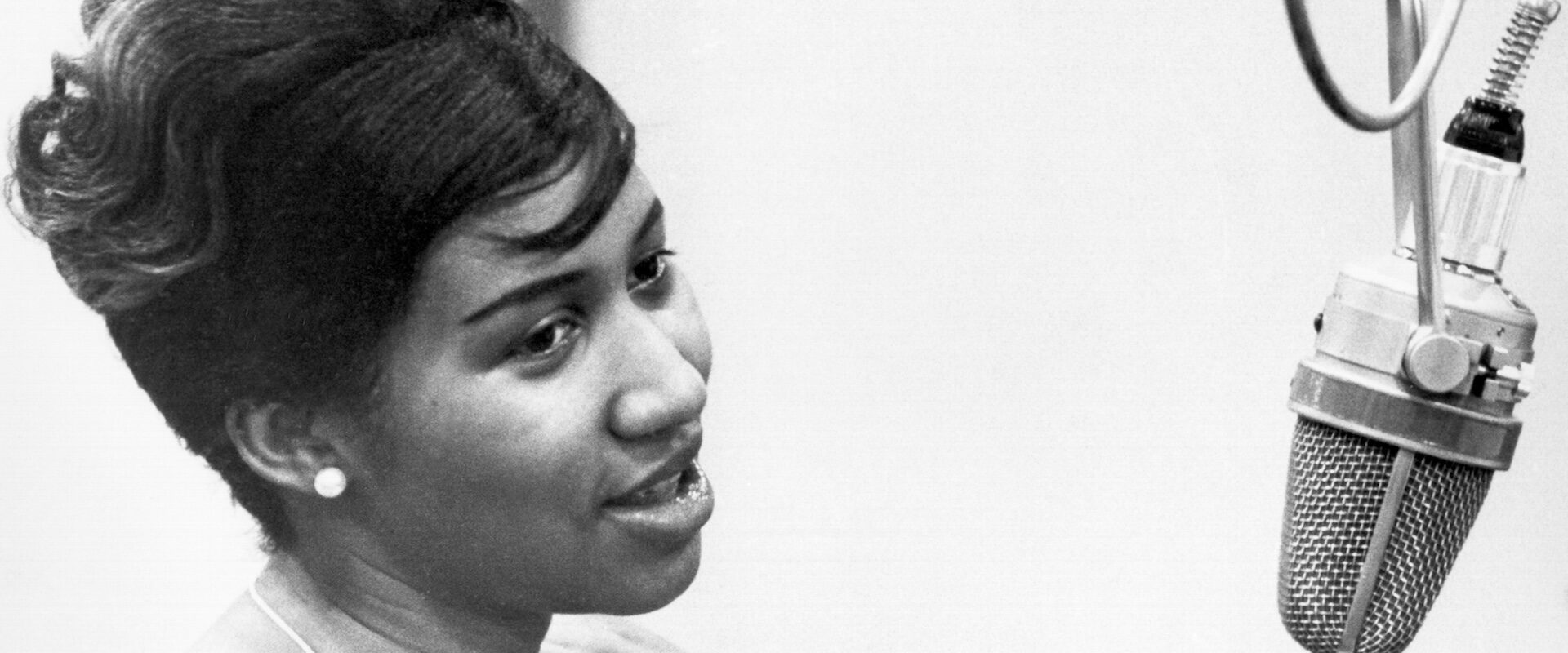Cover songs are great, and when done correctly, they can be incredibly memorable. However, when they go on to win major awards, some questions arise. Could the artist not win an award with their own song? Are they really that talented if they scored success thanks to somebody else’s work? Valid questions to an extent, yet completely subjective and contingent on the “who, what, and when” of it all.
Regardless, several artists have achieved major success on the charts, in sales, and at awards shows with cover songs. Here are three of the best.
“Hurt” by Johnny Cash
It’s probably fair to say that the two questions mentioned above do not apply to Johnny Cash. After all, he’s Johnny Cash, and he has a plethora of original songs that have achieved considerable success. However, one of his most famous songs was not an original: his cover of Nine Inch Nails’ “Hurt”.
Released in 2002, this was an enormous success for Johnny Cash. In terms of awards, Johnny Cash walked away with a big one, thanks to this cover, the 2003 Country Music Association Award for Single of the Year.
“I Will Always Love You” by Whitney Houston
Statistically, Whitney Houston‘s cover of Dolly Parton’s “I Will Always Love You” is one of the most successful songs of all time. It broke the record for 14 consecutive weeks at No. 1 on the Billboard Hot 100, sold 24 million copies worldwide, and won many awards, including a few Grammys.
The most notable award Houston acquired from this cover was the Grammy Award of all Grammy Awards—the Record of the Year. Whitney Houston scored this accolade at the 1994 Grammy Awards and also secured the Best Pop Vocal Performance of the year, thanks to the song.
“Respect” by Aretha Franklin
Aretha Franklin‘s most notable track is certainly “Respect”. However, did you know that it was a cover song originally released by Otis Redding? In addition to scoring a legacy-defining track with Redding’s single, Franklin also scored arguably the most sought-after award in music, Record of the Year.
Released in 1967, Aretha Franklin re-envisioned this single into a feminist anthem by changing the lyrics and, consequently, the narrative. Nevertheless, Otis Redding’s framework still helped Aretha Franklin score the Record of the Year at the 1967 Grammy Awards.
Photo by Donaldson Collection/Michael Ochs Archives/Getty Images
